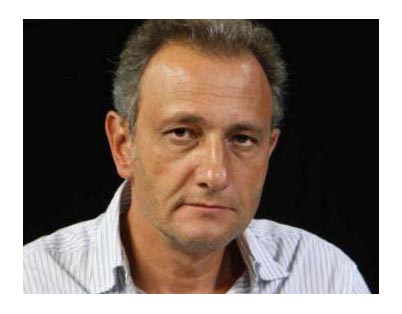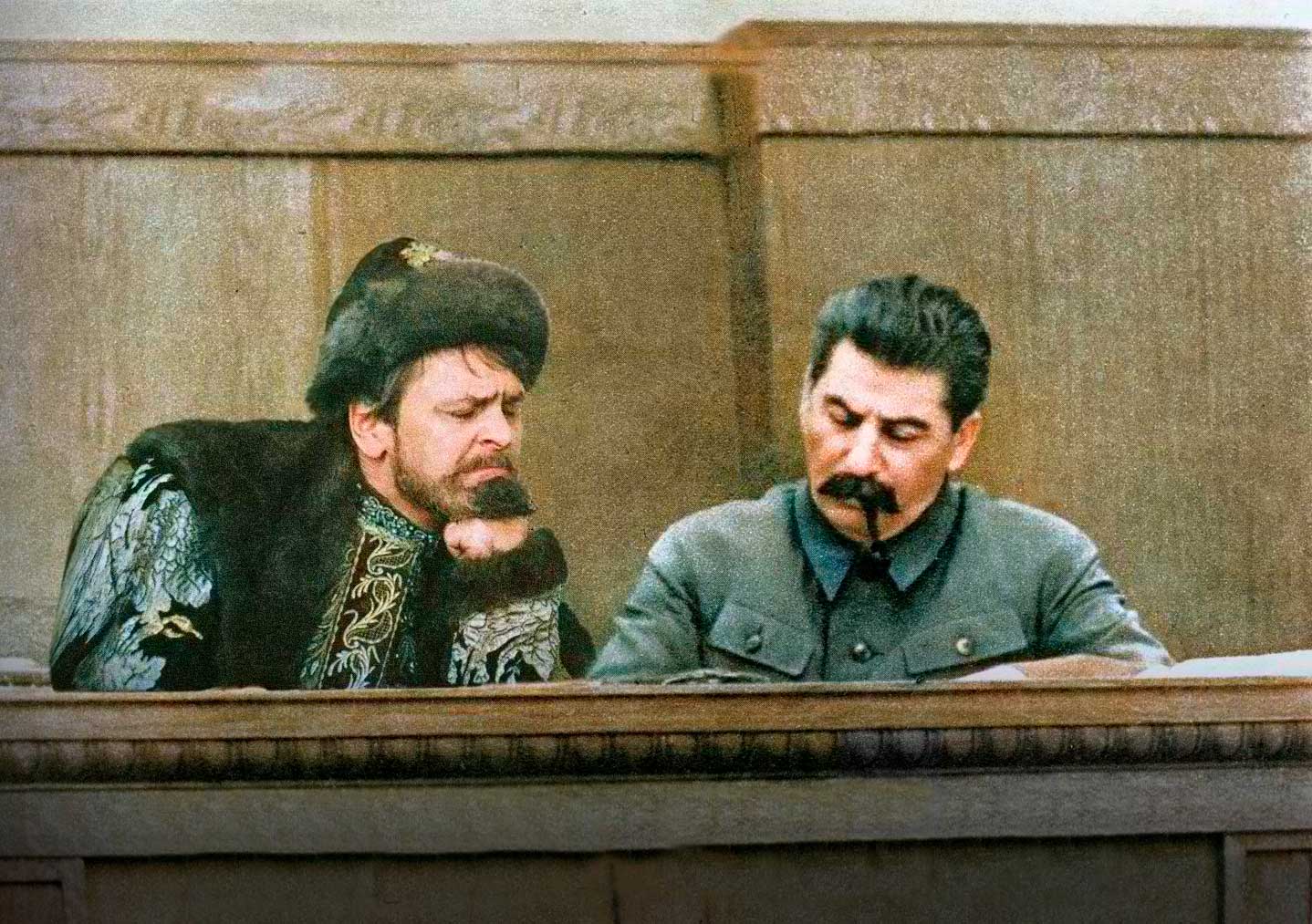 The country is experiencing a shortage of medical workers, teachers, police officers, janitors. Inflation is rising in the country, which, with such massive spending on "defense and safety" and the nomination of imported goods in "decaying" Western currencies, transferred to Russian consumer prices, will not decrease. The country is gradually turning into an economic colony of China. The country is experiencing a real demographic crisis, exacerbated by a migration crisis, which, in turn, largely determines the labor shortage.
The country is experiencing a shortage of medical workers, teachers, police officers, janitors. Inflation is rising in the country, which, with such massive spending on "defense and safety" and the nomination of imported goods in "decaying" Western currencies, transferred to Russian consumer prices, will not decrease. The country is gradually turning into an economic colony of China. The country is experiencing a real demographic crisis, exacerbated by a migration crisis, which, in turn, largely determines the labor shortage.
In short, the management class has plenty to do. But it is still occupied with the "special operation," "patriotic education," fighting against abortions, absurdity of legislation, including and primarily repressive. There are no other threats to Russia, except for quadrobears, of course not, they need to be urgently eliminated. For me, the lack of anesthesia in many hospitals even in wealthy Moscow, as well as, for example, vaccines against COVID and other diseases are still more important than a battle to the death with a subculture, the existence of which no one suspected until Russian politicians became overexcited. When it is necessary to hold a day of remembrance for the victims of Stalin's repressions, then "they" suddenly discover a COVID pandemic. And when it is necessary to treat or prevent COVID — there are no vaccines.
These are just some randomly chosen, but interconnected signs of the slow decay from within of a very unhealthy organism of the heavy semi-totalitarian Putin system. The "fish," of course, "rots from the head," where measures to curb the activities of quadrobears are born. But the state body has many other organs and life-support systems that begin to show signs of the same decay in imitation of the "head."
The degradation of the system makes itself felt, in particular, in the regions, which in Russia are very different, surviving in different ways, having different levels of budgetary provision and governors with different temperaments. Many symptoms indicate the system's loss of some elements of manageability. Moreover, the system itself pretends that everything is actually normal and progressing in accordance with the general line.
In principle, it is so: if the general line — to glorify Stalin and his dry but iron hand, officially, in the mode of a broad campaign, to begin revising the cases of the repressed, to say that the Molotov–Ribbentrop Pact — "victory of Soviet diplomacy," to destroy places of memory of the repressed, to tear down plaques of the "Last Address," then everything should end not with a "people's" but quite an official installation of monuments to the generalissimo.
The installation of such a monument to Stalin in Vologda was announced the other day by the newly elected governor Filimonov. He referred to some "request" of society, however, without specifying its source. Of course, there is no special request in society, and certainly ordinary residents of the region do not fall asleep and wake up with the thought of how to finally erect a monument to a tyrant and a murderer. The "request" is created by the "offer": it is like in economic systems — there is a demand economy, and there is a supply economy, and often it is the imposed supply that awakens and determines demand. The same is true in political and social spheres. If Stalin is imposed, sooner or later an artificial "demand" for him is found.
The installation of a monument to the leader is equivalent in the current circumstances to the installation of a monument to Putin. And passing by the statue of Stalin every day, the resident of the regional center should clearly understand in which country he lives. And behave accordingly — carefully and obediently. Monumental policy, memory policy — one of the basic tools of governing the country now. And if someone does not fully understand — here is a second monument for you, to Ivan the Terrible, also being installed in Vologda. Didn't understand about the NKVD — should understand about the oprichnina.
No one, of course, from Moscow pulled the governor back. But if you think logically — how can this even be: it's like if the head of the government, say, of Spanish Galicia suddenly decided to erect a monument to Caudillo Franco. Probably, the Kremlin believes that everything is within the powers of the regional leader, especially since it is necessary to go "towards the wishes of the workers." As before. No, it's not like before: imagine the first secretary of the Vologda regional committee of the CPSU, who in the conditional 1974 decided to erect a monument to Stalin in the regional center, "going towards" the request of the residents of the region. He would have been removed from his position, and could even have put his party card on the table. And this is taking into account the soft but very balanced restalinization in the Brezhnev era.
It turns out that the current system is less manageable, despite all its claims to serious centralization. It allows state managers more than the management system, which seeks to maintain stability, can afford. And this very stability of the system implies the absence of sharp movements at the federal and regional levels. In the Soviet model, public waving of the nuclear doctrine and open stalinization of public consciousness and historical policy were certainly not possible. The USSR was much more cautious in this sense, but still collapsed. And here the balance is being disturbed in the most uninhibited way. But the tighter you turn the screws, the higher the risk that they will come off the thread. And it's not so much about public unrest, which can grow into serious discontent with the regime, but in principle in the risk of losing control over the system from the center: signals from the Kremlin, the White House, from Lubyanka go out, but do not reach the recipients, fade on the way, invisible threads break.
Vologda region, as it happened, gave another quite laboratory example of a management flaw — the state allowed the rejection of the monopoly on legitimate violence. As if the state had not had enough lessons taught by the private army of a deceased Kremlin chef. In Vologda, the same governor Georgy Filimonov came up with another initiative: he proposed involving "near-football" organizations in patrolling cities and "healthy competition" with the police for the purpose of fighting alcoholism and drug addiction: "Let them patrol in sportswear". All that remains is to dress Stalin and Ivan the Terrible in sportswear...

Of course, this is a blurring of the state's law enforcement function. Of course, these are risks of quasi-legitimate violence against ordinary citizens. And if these "near-football" "patriots" are given powers to catch politically unreliable citizens — what a field for extralegal activity opens up. This "near-football" field is definitely wider than the football field. By the way, Vologda's "Dynamo" plays in the second league B, being in the middle of the tournament table.
Again, in Soviet times, there was an institution of voluntary assistants to law enforcement agencies. And these characters, of course, posed a threat to society. But still, their activity was controlled, and then representatives of the public had to be driven into such annoying "squads" with sticks.
Well, and for dessert — another news from the Vologda governor. In addition to teetotalers and ulcer patients in "sportswear," the fight against drunkenness will be conducted by administrative methods — from the regional market, as Filimonov announced, alcohol stores "Bristol" and "Red & White" will leave. The measure — non-market, but also a big question, to what extent the regional regulatory act will comply with the Civil Code and the overall current federal legislation.
And again — silence from central regulators, both economic and political.
However, the attack on the market — a long-standing trend of state economic policy. And just state interventions are growing with regions: the Federal Antimonopoly Service has prepared a draft government decree, according to which regional authorities will be able to "stabilize" prices not only for essential goods (such a right already exists), but in principle for any goods — by agreement with businesses. Administrative price regulation and the delay in their liberalization by several years became one of the reasons for the rare combination of hidden inflation and the disappearance of goods from shelves in the late 1980s. That is — the collapse of the Soviet economy. A fundamental property of the Putin system — the refusal to learn from past lessons. Not to mention that it is moving into this very past with seven-league steps, despite the risks of stagflation and product shortages, which always accompany price regulation.
Another example of shaking Putin's stability, in which a time bomb is actually embedded, provoking destabilization sooner or later, — is the North Caucasus. Literally in a matter of days, the situation there escalated to the limit thanks to the statements of Ramzan Kadyrov, "officially" (!) declaring his readiness to announce a vendetta against two deputies and Dagestani oligarch Suleyman Kerimov. The response came from the head of Dagestan Sergey Melikov: "Suleyman should know about this. Dagestan will always support him in a difficult moment, when it is needed".
Perhaps, no one has ever responded to Kadyrov, who is allowed everything that is not prohibited, and almost nothing is prohibited to him, in such a way. It can, of course, be assumed that Melikov's courage is not only related to the fact that Kerimov — a prominent breadwinner of the republic, but also with some secret knowledge about the shaken positions of the Chechen autocrat. But at the same time, there is a sense of a brewing, if not interethnic, then inter-elite conflict in the subregion. The harsh authoritarian, feudal technologies, imposition of "stability" in the Caucasus after years bear poisonous fruits and risks of destabilization. Some background addition to these events was the shooting in Ingushetia of a car with police officers, including the head of the Ingush "E" center.
Some mechanisms have become loose in this part of Russia. Some management practices do not work or stop working. Some resources for maintaining stability are exhausted.
In short, there are so many problems that they cannot be solved by persecuting opponents of the "special operation," appeals to the "Ukrainian trace" everywhere, the continuation of hostilities, and the last and decisive battle with quadrobears. Someday someone will have to say: this system is broken, bring another one.
* Andrey Kolesnikov is considered a "foreign agent" by the Ministry of Justice of the Russian Federation.